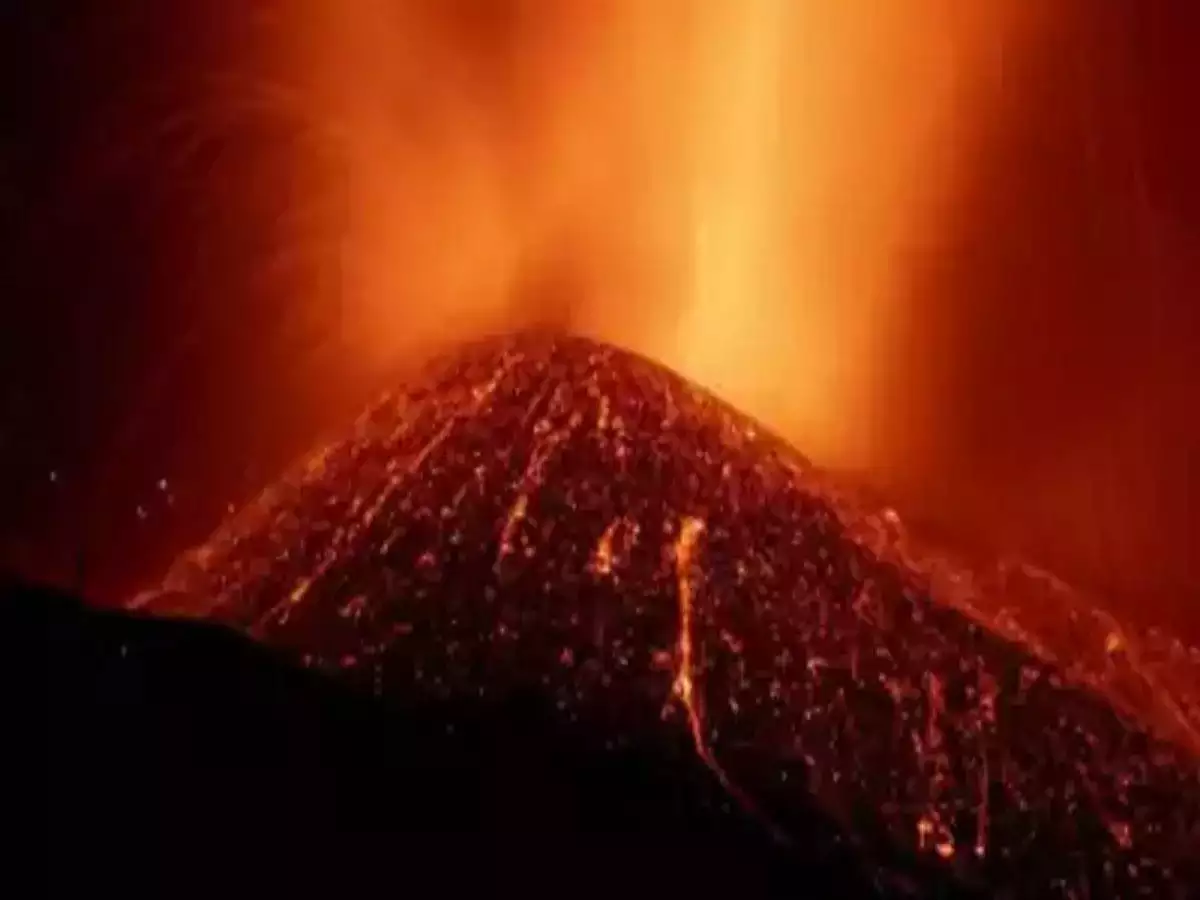Tongan Volcanic Eruption Causes Significant Ozone Depletion, Study Finds
A recent study published in the journal Science has revealed that the volcanic eruption in Tonga in 2022 had a profound impact on the Earth’s ozone layer. The eruption injected an unprecedented amount of water vapor into the stratosphere, resulting in large-scale depletion of ozone.
An international team of researchers from the US and Europe conducted the study, which found that the eruption injected approximately 10% of the total global mean stratospheric burden of water vapor into the atmosphere. This water vapor reached altitudes of up to 55 kilometers, an extraordinary feat.
Within just one week following the eruption, the stratospheric ozone above the tropical southwestern Pacific and Indian Ocean region decreased five percent. This level of ozone depletion exceeds that of previous volcanic eruptions, highlighting the exceptional nature of the Hunga Tonga-Hunga Ha’apai volcano eruption on January 15, 2022.
The researchers utilized various methods to capture the early evolution of the volcanic plume’s impact on ozone. Balloon measurements taken near Reunion Island, zenith sky observations, and satellite data were combined to understand the interactions between the water vapor and other components emitted the volcano.
The enhanced water vapor content in the stratosphere led to a breakdown of ozone over the tropical regions of the south-western Pacific and Indian Ocean. The scientists discovered that the volcanic plume contained significantly more water molecules than usual, causing substantial impacts on atmospheric chemistry and ozone loss.
Interestingly, the depletion of ozone in the tropics following the eruption was highly unusual, considering the typically low variability of ozone in that region. The scientific community had anticipated unconventional ozone depletion in the polar regions after the volcanic material reached the Antarctic. However, it did not affect the 2022 ozone hole season, as the material did not reach the pole in time. Surprisingly, the 2023 ozone hole season has not shown any abnormal characteristics.
Olaf Morgenstern, the principal scientist at the National Institute of Water and Atmospheric Research (NIWA) in New Zealand, commented on the findings of the study. He stated that the reasons for the lack of a significant impact on the ozone hole season in 2023 will be further investigated.
It is worth noting that the NIWA was also involved in a separate study earlier this year that identified the Tongan eruption as having the fastest underwater flows of volcanic material ever recorded.
This research highlights the critical role of ozone in protecting life on Earth from harmful ultraviolet radiation from the sun. Understanding the factors that can contribute to ozone depletion is crucial for preserving the health of our planet.

